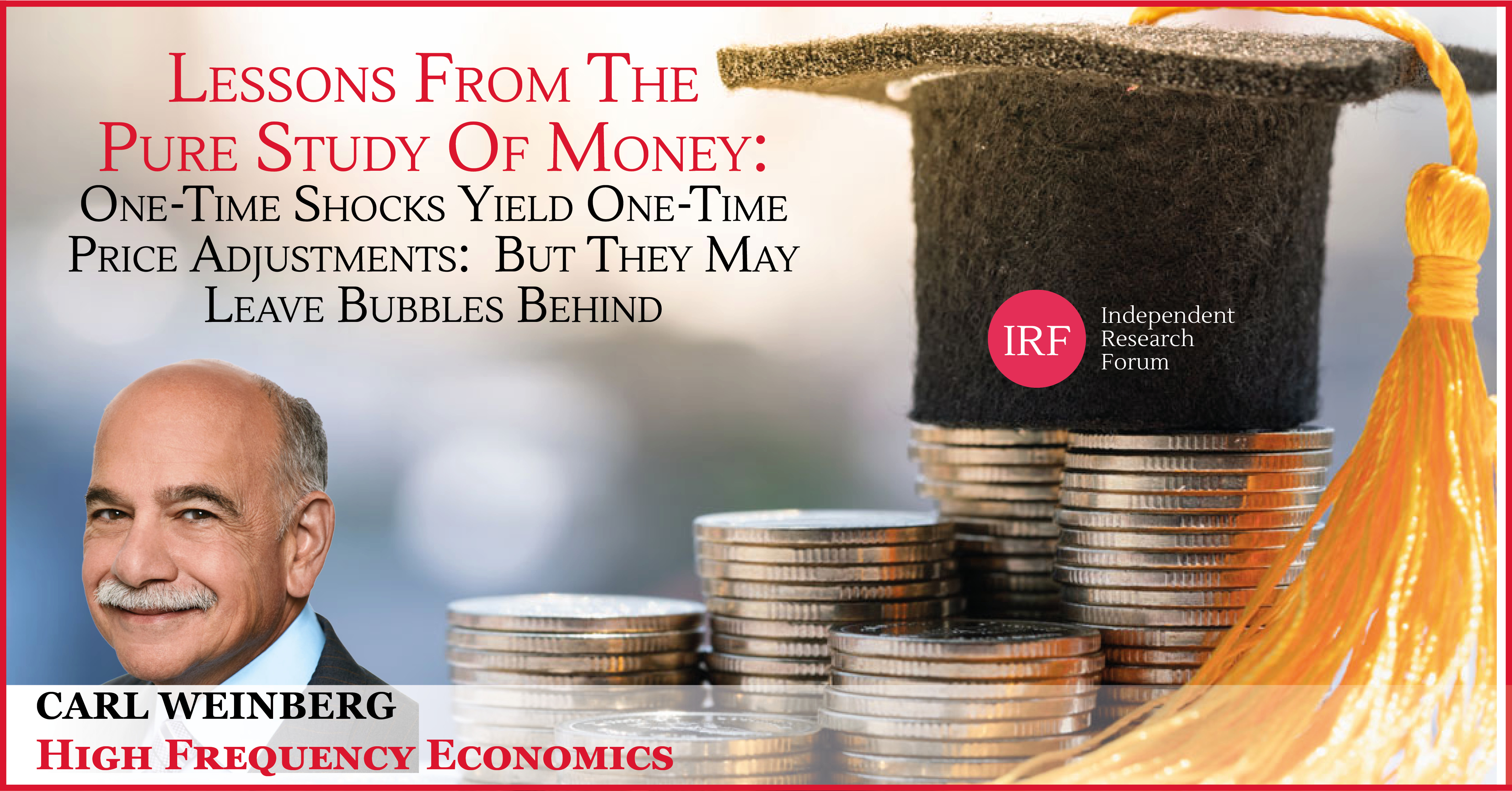Lessons From The Pure Study Of Money
High Frequency Economics
Thu 22 Feb 2024 - 15:00 GMT / 10:00 EST
Summary
Carl Weinberg noted a divergence between rising prices and stagnant wages over the last few years, suggesting a decoupling of inflation from wage trends. Despite the increase in prices, traditional inflation metrics like the year-over-year changes in CPI are showing a decline, indicating a one-time spike rather than sustained inflation. Carl attributes this spike to a one-time shock to the money supply, facilitated by fiscal stimulus and monetary policy. Productivity gains, particularly in the US, are identified as a key factor mitigating inflationary pressures, allowing for real wage growth and economic expansion without significant inflationary consequences.
Topics
Central bankers neglect broad monetary aggregates despite their role as currency watchdogs.
Banks implemented unprecedented increases in money supply in response to COVID-induced economic disruptions.
Data analysis signals the anticipation of both rising and diminishing prices, with specific timing insights.
Observing liquidity fluctuations suggests potential excess in monetary tightening, impacting global equity and housing markets.
Join Carl Weinberg for a macroeconomic analysis and future outlook.
